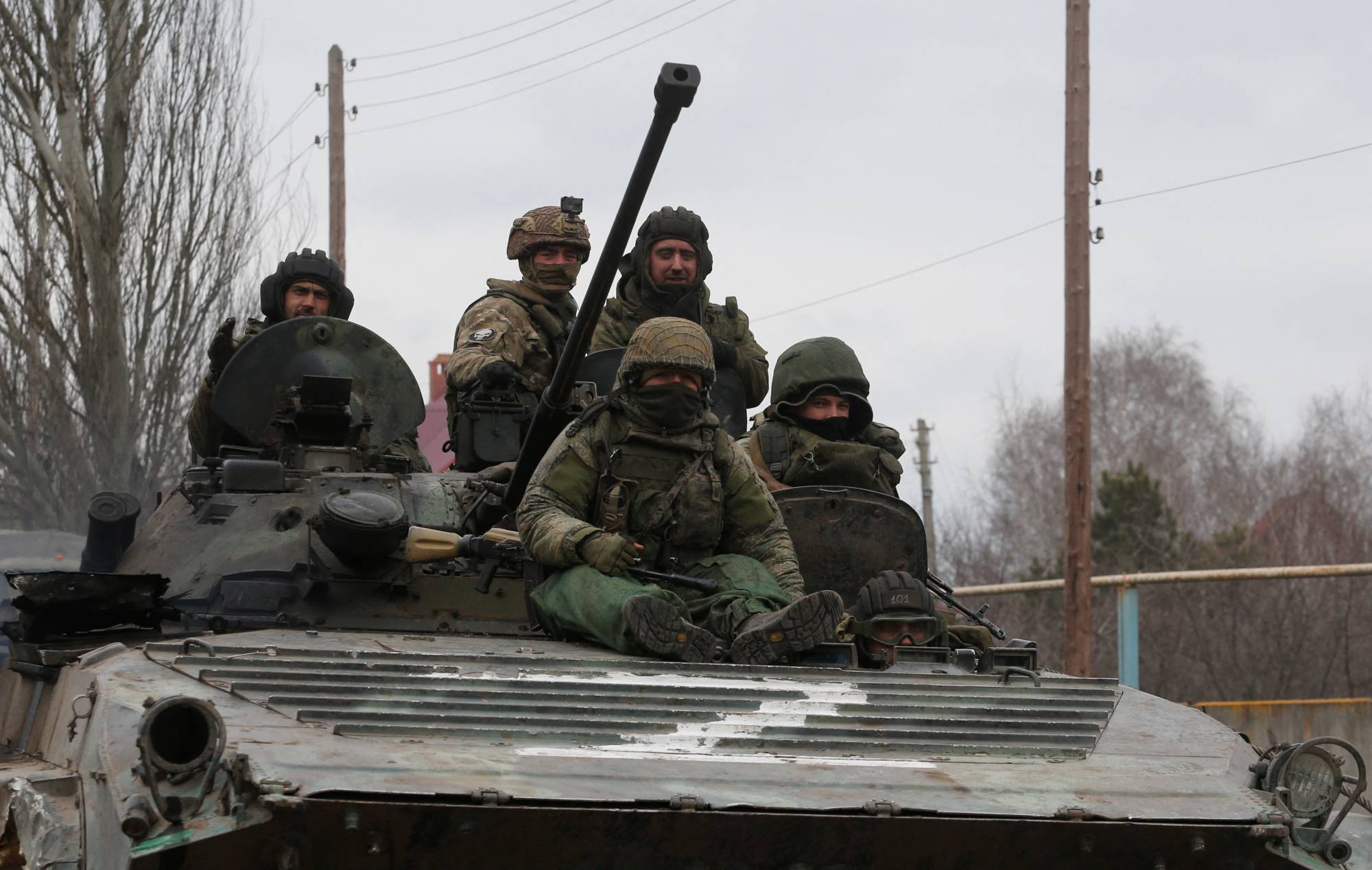In late 2019, when I had a nationally syndicated radio show, I was asked by my partners to come up with some predictions for coming year in stocks, bonds, politics, geopolitics and some other topics. I protested, saying it was impossible to look out an entire year with any sort of clarity and that we were setting ourselves up for embarrassment. I lost the argument, and I came up with a list of 12 predictions. Most of them ended up being horrendously wrong.
I said gold would outperform stocks by 40% — and it did! But only for a moment during the early days of the pandemic. I also forecast that oil prices would probably go up a lot (they actually went negative for the first time in history, falling to as low as minus $40 a barrel) and that either Donald Trump or Bernie Sanders would win the presidential election. I did correctly predict that the Federal Reserve would cut interest rates, but I was right for the wrong reasons.
Such is the nature of forecasting. You have a logical, well-thought out thesis and then some exogenous event happens that screws everything up — like Russia invading Ukraine and upending global markets. Economists and strategists know this all too well. So much so that some consider them little more than "entertainers.”



















With your current subscription plan you can comment on stories. However, before writing your first comment, please create a display name in the Profile section of your subscriber account page.